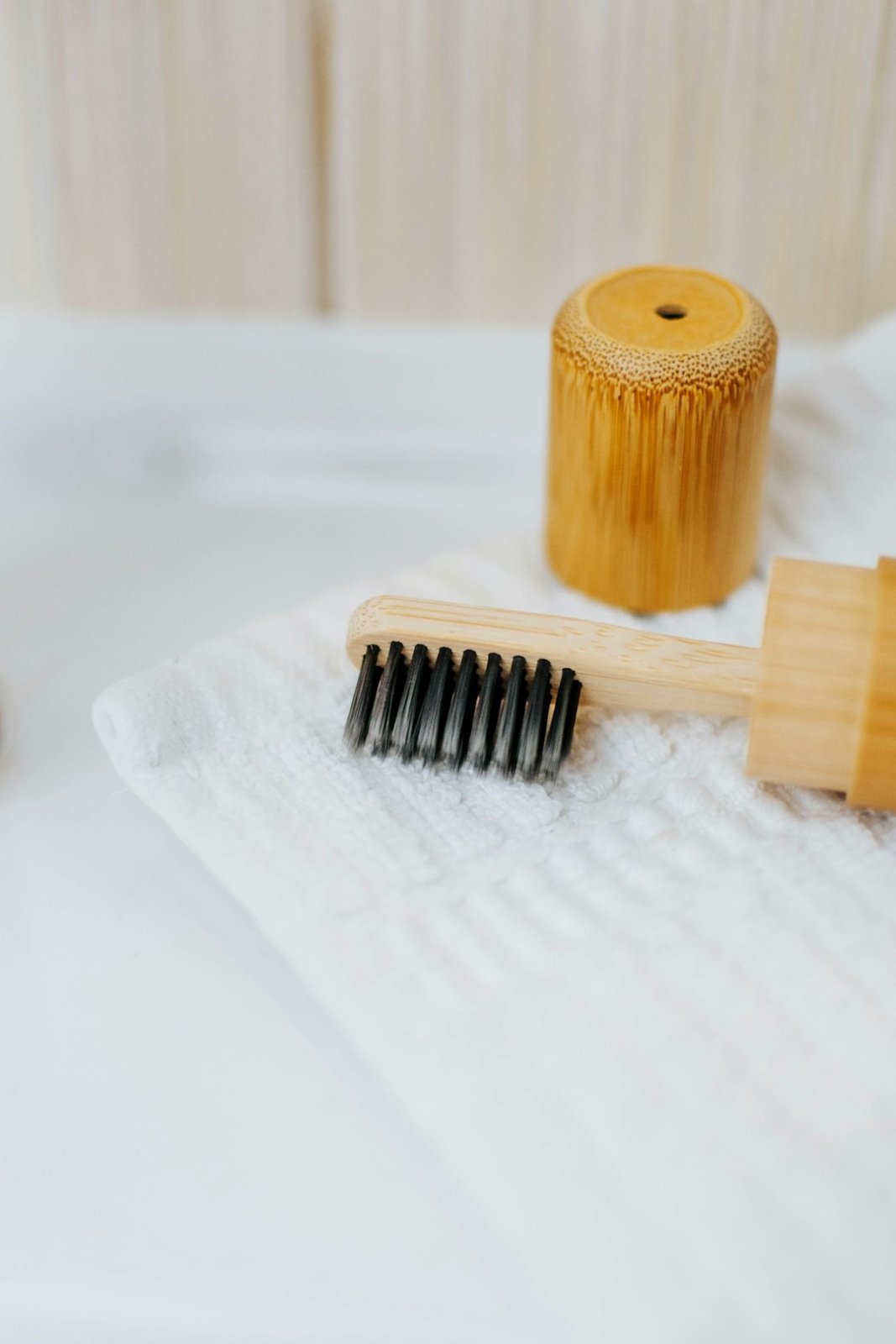With the increasing awareness of environmental issues, more people are searching for solutions to live a sustainable lifestyle. One key area where significant changes can be made is in our cleaning practices. Eco-friendly cleaning not only helps keep our homes spotless but also ensures we protect our planet for future generations. This blog will explore various eco-friendly cleaning practices that can contribute to a sustainable home.
Understanding Eco-Friendly Cleaning
Eco-friendly cleaning refers to cleaning methods and products that do not harm the environment or human health. These practices emphasize using natural ingredients, reducing waste, and promoting sustainable resource use. Switching to eco-friendly cleaning can minimize harmful emissions, reduce pollution, and promote a healthier home environment.
Benefits of Eco-Friendly Cleaning
- Healthier Living Environment: Traditional cleaning products can contain harsh chemicals that may cause respiratory issues or skin irritations. Eco-friendly alternatives use natural ingredients that are gentler on our bodies.
- Reduced Environmental Impact: Eco-friendly cleaning practices lead to less plastic waste and lower carbon emissions, contributing to a healthier planet.
- Cost-Effective Solutions: Many eco-friendly cleaning solutions can be made at home using common household items, saving you money on cleaning products.
- Conscious Consumerism: By opting for eco-friendly cleaning, you align your purchasing choices with your values and support sustainable brands and initiatives.
Top Eco-Friendly Cleaning Practices for Your Home
Now that we’ve established the importance of eco-friendly cleaning, let’s delve into practical practices you can adopt.
1. Make Your Own Cleaning Solutions
Creating your cleaning solutions can be both effective and economical. Here are a few easy recipes that you can create at home:
- All-Purpose Cleaner: Combine equal parts of vinegar and water in a spray bottle for a versatile cleaner that can tackle various surfaces.
- Baking Soda Scrub: For tougher stains or grime, mix baking soda with a small amount of water to form a paste that can be used to scrub surfaces.
- Glass Cleaner: Mix 2 cups of water with 1/2 cup of vinegar and a few drops of dish soap for a streak-free shine.
2. Use Reusable Cleaning Supplies
Switching from disposable to reusable cleaning supplies is a simple way to reduce waste. Here are some suggestions:
- Microfiber Cloths: These are perfect for dusting and wiping surfaces, and they can be washed and reused multiple times.
- Reusable Mops: Invest in a mop with washable pads instead of disposable ones to significantly cut down on waste.
- Cloth Towels: Ditch single-use paper towels in favor of old t-shirts or cloth towels for cleaning spills and messes.
3. Choose Eco-Friendly Tools
What you use to clean matters just as much as the products themselves. Consider these options:
- Natural Brushes: Use brushes with plant-based bristles and wooden handles instead of plastic alternatives.
- Bamboo Cleaning Tools: Bamboo is a sustainable material and can be used for brushes, mops, and more.
- Biodegradable Sponges: Opt for sponges made from natural materials instead of synthetic polymers.
4. Go Green with Your Laundry
Many cleaning habits extend to how you wash your clothes. Incorporating eco-friendly practices in your laundry can have a notable impact:
- Cold Water Washing: Use cold water settings to save energy and preserve the integrity of your fabrics.
- Natural Detergents: Look for laundry detergents made from natural ingredients and free of harsh chemicals.
- Skip the Dryer: Air-drying clothes can reduce energy consumption and prolong the life of your garments.
5. Mindful Waste Disposal
All cleaning products and tools eventually reach the end of their lifespan. It’s essential to handle disposal thoughtfully:
- Compost When Possible: Organic cleaning scraps such as leftover fruit peels or other biodegradable materials can go in your compost.
- Recycle Containers: Always recycle packaging materials, including bottles and boxes, to minimize waste.
- Use Refillable Products: Some brands offer refill options for their products. Look out for these options to reduce packaging waste.
Creating a Cleaning Schedule That Supports Sustainability
Adopting eco-friendly cleaning practices can also involve how you approach cleaning in general. Establishing a cleaning schedule can help minimize the need for deep cleaning and the usage of products:
- Daily Quick Clean: Set aside a few minutes each day to tackle small messes, thereby reducing the overall need for heavy-duty cleaning.
- Weekly Maintenance: Dedicate specific days for deeper cleaning tasks. Keeping a consistent cleaning schedule will lead to less buildup and lower product usage.
- Seasonal Deep Clean: Consider tackling deep cleaning chores seasonally, allowing you to be thorough without over-relying on multiple cleaning products.
Teach Family Members about Eco-Friendly Practices
Encouraging sustainable habits in your household can multiply the effects of your eco-friendly cleaning efforts. Here are a few ways to share your commitment with others:
- Lead by Example: Show family members how to make their cleaning solutions and the benefits of using reusable supplies.
- Organize Cleanups: Plan family cleanups of local parks or community areas, reinforcing the importance of keeping the environment clean.
- Start a Dialogue: Engage your family in discussions about sustainability, fostering a collective understanding of why eco-friendly practices are important.
The Importance of Supporting Eco-Friendly Brands
As consumers, the choices we make influence how businesses operate. Supporting brands that prioritize sustainability sends a powerful message about what you value. Here’s why it matters:
- Encourage Innovation: By purchasing from eco-conscious companies, you help promote innovative products designed with the environment in mind.
- Close the Loop: Support brands that also focus on reducing waste through recycling programs or reduced packaging. This helps create a more circular economy.
- Build a Community: Engaging with like-minded businesses and customers contributes to a larger movement toward sustainability.
Final Thoughts on Eco-Friendly Cleaning for a Sustainable Home
Transitioning to eco-friendly cleaning practices is more than just a trend. It is a lifestyle choice that contributes to a healthier home and a cleaner planet. By incorporating natural cleaning products, reusable tools, and mindful disposal methods, we can create a sustainable environment for ourselves and future generations. Remember, small changes lead to significant impacts over time. So take that first step towards an eco-friendly cleaning routine today—your home and the planet will thank you!


Share:
The Science of Cleaning: Understanding How Products Work
The Ultimate Guide to Organizing Your Cleaning Supplies for a Spotless Home